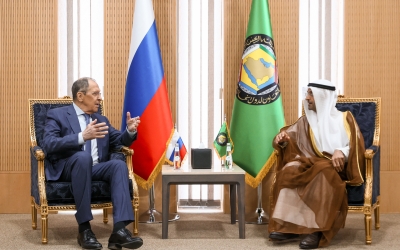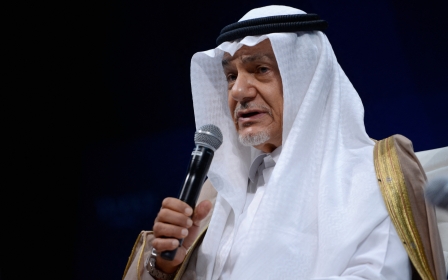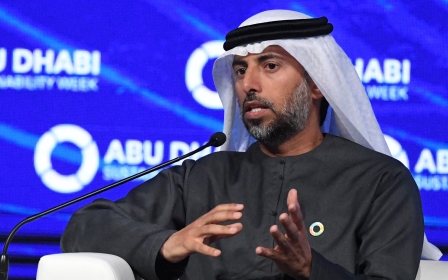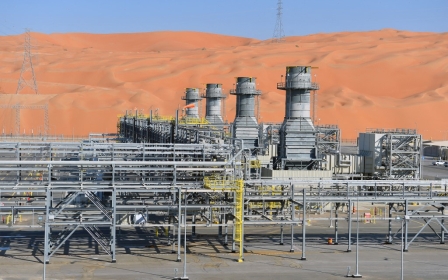Opec agrees to boost oil production ahead of Biden visit to the region
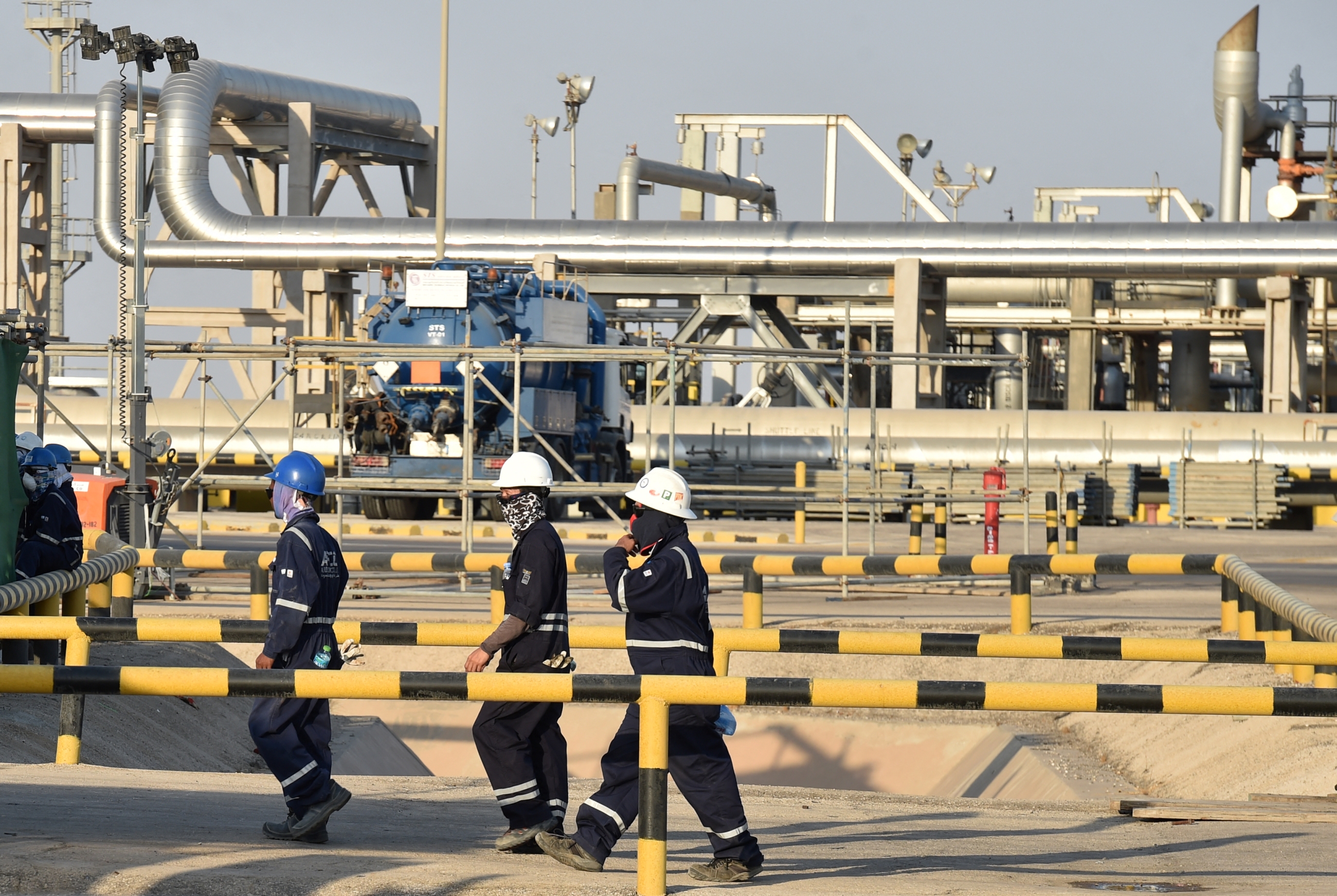
Opec and its allies agreed Thursday to a bigger-than-expected oil-production increase in July and August, paving the way for Saudi Arabia to pump more crude ahead of a potential visit by US President Joe Biden later this month.
The cartel said it would increase output by almost 650,000 barrels a day, up from planned increases of around 400,000 bpd before Thursday's decision.
The move could help address shortages in the market due to a drop in Russian output, which has fallen by around 1 million bpd following sanctions imposed by the West over Moscow’s invasion of Ukraine.
The Organisation of the Petroleum Exporting Countries (Opec) reached an agreement with Russia and other oil producers last year to gradually raise production levels following a blistering price war between Riyadh and Moscow at the height of the pandemic that sent prices plummeting.
On Wednesday, the Wall Street Journal reported that some members of Opec+ were considering whether to suspend Russia from the oil production deal over concerns the country would be unable to keep up with the modest production increases following western sanctions.
New MEE newsletter: Jerusalem Dispatch
Sign up to get the latest insights and analysis on Israel-Palestine, alongside Turkey Unpacked and other MEE newsletters
Russia's finance minister has said that the country's oil production could decline by as much as 17 percent in 2022. On Monday, the European Union agreed to ban most Russian oil imports, adding to fears about potential shortages in the market.
A statement released by Opec+ after the meeting didn’t mention Russian production, instead touching on rising demand as the global economy emerges from pandemic lockdowns. The cartel decision “highlighted the importance of stable and balanced markets”.
Oil prices have risen about 500 percent since their pandemic crash, and have remained consistently above $100 a barrel since the invasion of Ukraine.
Prices were up marginally after Thursday's meeting, with Brent trading just below $118 a barrel.
Until recently, Saudi Arabia and the UAE, two swing producers within Opec, have rebuffed calls from the US to break from their agreement with Moscow, frustrating US attempts to isolate Russia on the global stage.
High energy prices have supported Russia’s military campaign, with Moscow generating about $20bn per month in oil sales this year. Rising gasoline prices have also become a hot-button political issue in the West, helping to fuel historic inflation.
The Opec+ decision follows a flurry of US diplomacy in the region. Brett McGurk, the White House's top adviser on the Middle East, and Amos Hochstein, the State Department's energy envoy, recently travelled to Saudi Arabia, attempting to repair ties with Riyadh which have sunk to historic lows under the Biden administration.
Washington has critiqued Riyadh for its human rights record, and the Arab leaders viewed the US’s response to recent drone and missile attacks from rebels in Yemen as tepid, compounding a perception of US disengagement from the Middle East.
Middle East Eye delivers independent and unrivalled coverage and analysis of the Middle East, North Africa and beyond. To learn more about republishing this content and the associated fees, please fill out this form. More about MEE can be found here.


